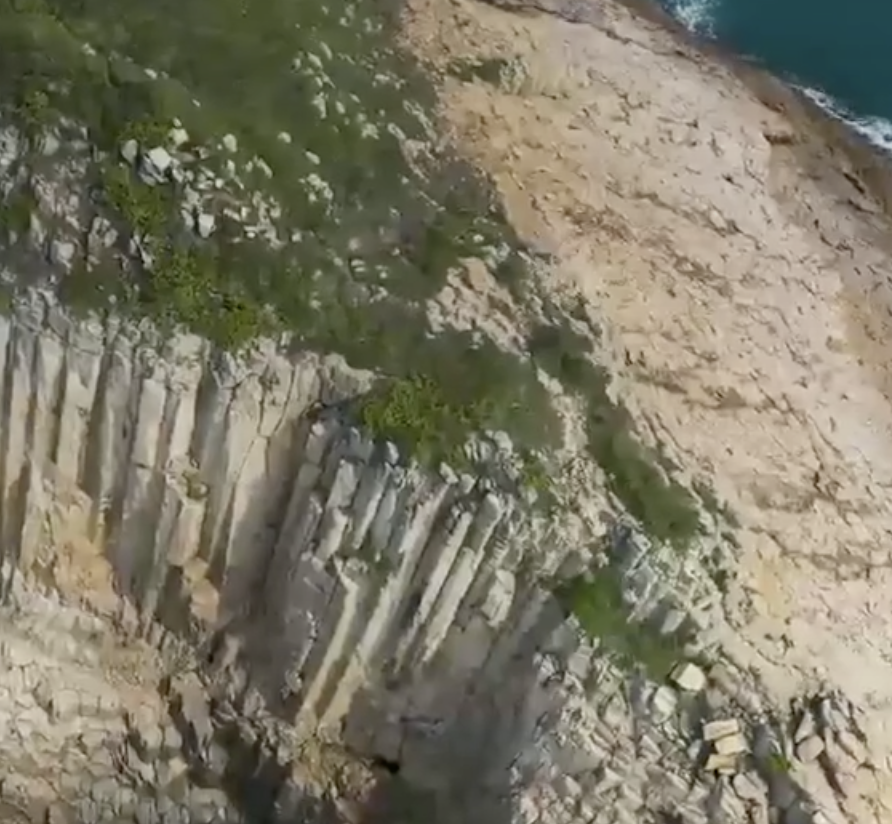
’Uy’ skweyul ‘Uy’ kwunus ’i lumnamu. Good day, it is good to see you (School District 79 Aboriginal Education, n.d.). My name is Jessyca Little and I am honored to have be born and raised on the traditional territory of the Snuneymewx First Nations, in Nanaimo, British Columbia, something I was not aware of until I turned 25 years old. I have created this video as an authentic, public, decolonizing response to the issues of missing and murdered Indigenous women, girls, and 2SLGBTQQIA people and the Calls for Justice outlined in the National MMIWG Report, but also as a tool to help all Canadians understand what their part is and how they can decolonize the dominant structures in society. I want to honor traditional Indigenous storytelling and oral history by sharing a poem I wrote that considers what I have learned about the aspects of decolonization. This poem is my commitment, as well as, a proposal to all other people and governments to engage with deconstructing the dominant ideologies that perpetuate and sustain oppression of indigenous people, especially Indigenous women, girls, and 2SLGBTQQIA people.
-Jessyca
References
Access Genealogy. (2019). Nanaimo Tribe. Retrieved from https://accessgenealogy.com/native/nanaimo-tribe.htm
A Guide to the Pronunciation of Indigenous Communities and Organizations in BC. (n.d.). In Recognizing the Diversity of BC's First Nations Languages. Retrieved from https://www2.gov.bc.ca/assets/gov/british-columbians-our-governments/indigenous-people/aboriginal-peoples-documents/a_guide_to_pronunciation_of_bc_first_nations_-_oct_29_2018.pdf
Blackstock, C. (2008). Reconciliation means not saying sorry twice. From truth to reconciliation: Transforming the legacy of residential schools, 164-178. Retrieved from https://fncaringsociety.com/sites/default/files/fnwitness/FNCFCS-submission-status-of-women.pdf
BreakingCopywrite. (2018). Ambient Music (No Copyright) [Video file]. Retrieved from https://www.youtube.com/watch?v=er--pnwFDgU
Gerdts, D. B. (1997). Hu¬œumí!uµ Words An English-to-Hu¬œumí!uµ and Hu¬œumí!uµ-to-English Dictionary. Retrieved from http://www.sfu.ca/~gerdts/papers/HulquminumWords.pdf
Mullaly, B. & West, J. (2018). Challenging Oppression and Confronting Privilege: A Critical Approach to Anti-Oppressive and Anti-Privilege Theory and Practice (3rd ed.). Toronto, ON: Oxford University Press.
Nanaimo Tribe (Snuneymuxw). (2015). Native Languages of the Americas: Preserving and promoting American Indian languages. Retrieved from http://www.native-languages.org/nanaimo.htm
Pixabay (2019). Nature. Retrieved from https://pixabay.com/ [All images/videos].
PSAC-AFPC. (2011, June 20). Justice for Aboriginal Peoples: It's time [Video file]. Retrieved from https://www.youtube.com/watch?v=r5DrXZUIinU
Reclaiming Power and Place. (2019). National Inquiry into Missing and Murdered Indigenous Women and Girls: Executive Summary of the Report. Retrieved from https://www.mmiwg-ffada.ca/wp-content/uploads/2019/06/Executive_Summary.pdf
Redvers, J. M. (2016). Land-Based Practice for Indigenous Health and Wellness in the Northwest Territories, Yukon, and Nunavut. https://prism.ucalgary.ca/bitstream/handle/11023/2996/ucalgary_2016_redvers_jennifer2.pdf?sequence=5&isAllowed=y
School District 79 Aboriginal Education (n.d.). Hul’q’umi’num’ Greetings. Retrieved from http://abed.sd79.bc.ca/hulqumimum-resourses/hulquminum-greetings/
Sinclair, J. M. (2016). Towards a New Relationship: Toolkit for Reconciliation/Decolonization of Social Work Practice at the Individual, Workplace, and Community Level. British Columbia Association of Social Workers. Retrieved from https://www.bcasw.org/wp-content/uploads/2016/07/Reconcilliation-Toolkit-June-16-Edit.pdf
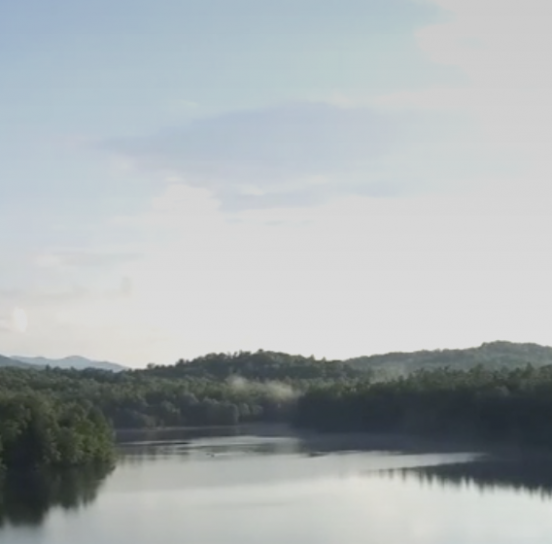
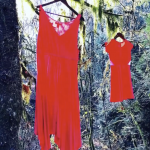
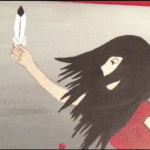
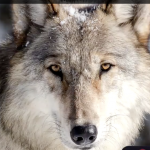
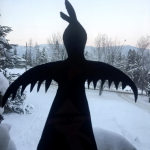
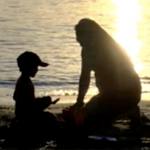
Comments by Finn